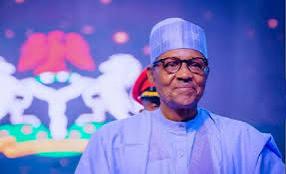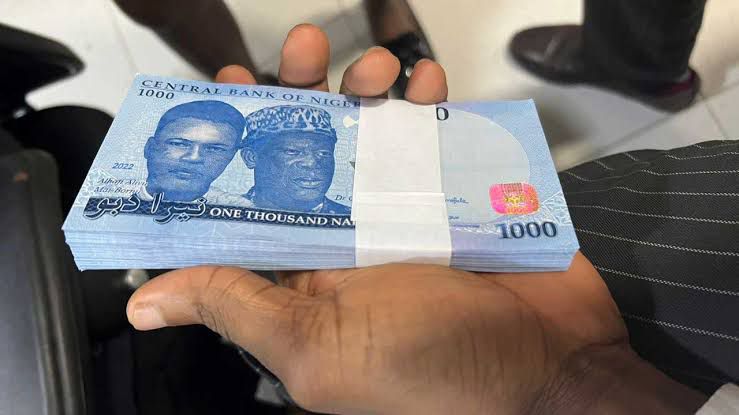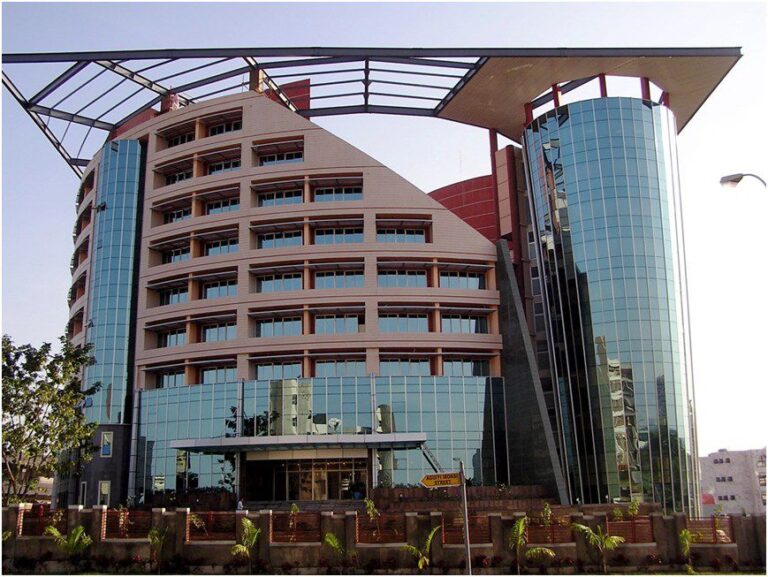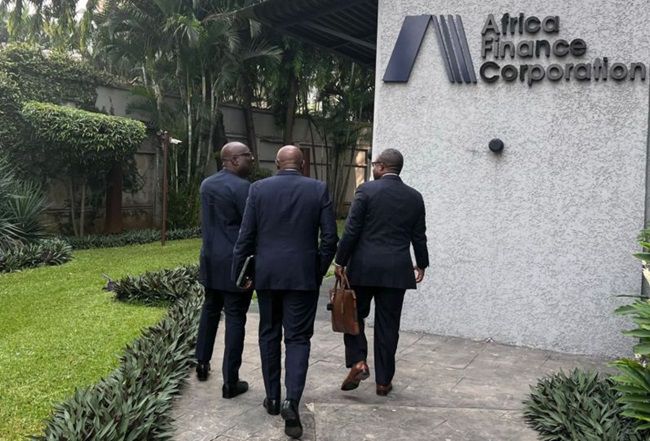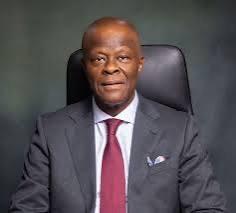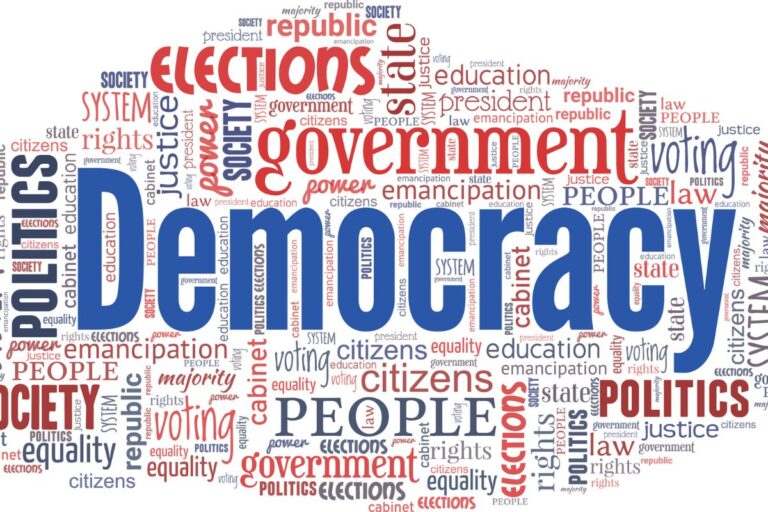Former President of the Federal Republic of Nigeria, Muhammadu Buhari, GCFR, passed away on Sunday 13th July after suffering from a prolonged illness in a clinic in London, United Kingdom. The family confirmed his demise through a statement signed by his former media aide, Garba Shehu. He was 82 years old.
However, the circumstances surrounding his death are not clearly defined; source describes the former president last days a battle with “prolonged illness.” His death also came as a surprise to many as the “illness” he was battling with, were not publicly disclosed.
Buhari, born in December 17, 1942 served as Nigeria’s democratically elected president from 2015 to 2023, and previously as a military Head of State from 1983 to 1985, leaves behind a complex legacy marked by significant policy initiatives aimed at addressing some of Nigeria’s most pressing challenges.
The late president also, served as the Chairman of the Economic Community of West African States (ECOWAS) Authority of Heads of State and Government from 2015 to 2016. During the COVID-19 pandemic, he was appointed the ECOWAS COVID-19 Champion. Nigeria, under his leadership, also provided significant financial contributions to ECOWAS and played a crucial role in upholding constitutional order in member states, notably in The Gambia.
A Look at His Major Policies and Their Impact
Upon assuming office in 2015, President Buhari’s administration focused on three core areas: security, fighting corruption, and economic diversification.

Anti-Corruption Drive: Buhari’s presidency was largely defined by his unwavering stance against corruption; He Implemented the Treasury Single Account (TSA) to consolidate government funds into a single account at the Central Bank of Nigeria, the TSA was aimed to reduce corruption and improve financial transparency. This policy reportedly saved the government billions in banking charges.
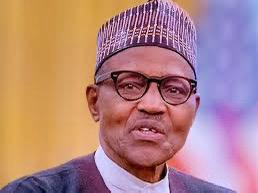
Under his leadership Anti-Graft Agencies bodies like the Economic and Financial Crimes Commission (EFCC) and the Independent Corrupt Practices and Other Related Offences Commission (ICPC) were significantly empowered, to tackle corruption while citizens were encouraged to report financial crimes.
However, while these policies were praised for their intent, opposition often pointed to the slow pace of prosecutions and concerns about selective application.
Economic Diversification and Agricultural Promotion: Recognizing Nigeria’s over-reliance on oil, Buhari’s government pushed for economic diversification, particularly in agriculture.
Launched Anchor Borrowers’ Programme (ABP) in 2015, this initiative was supported by the Central Bank of Nigeria (CBN) to provide credit and farm inputs to smallholder farmers. The program significantly boosted local production of rice and other commodities, with over $200 billion Naira disbursed to more than 1.5 million farmers. This also led to a reduction in food imports.

Also, his administration launched the Presidential Fertilizer Initiative which was aimed at making fertilizer readily available and affordable for farmers, reducing reliance on imported alternatives.
Moreover, the most controversial of his food policy was ‘Border Closure’ In 2019, a partial closure of land borders was implemented to curb smuggling and encourage local production, though this led to increased prices for some commodities and drew criticism from various economic sectors.
Despite these efforts, Nigeria faced two recessions during his tenure, and unemployment and inflation remained significant challenges. The national debt also saw a substantial increase.
Infrastructure Development: The administration prioritized Basic infrastructures, especially in transportation and power. Significant investments were made in modernizing and expanding the national railway network, including projects like the Abuja-Kaduna and Lagos-Ibadan rail lines. Also Numerous road rehabilitation and construction projects were initiated across the country.
On the Power Sector, Efforts were made to improve power generation and distribution, though consistent electricity supply remained a persistent issue.

The Presidential Enabling Business Environment Council (PEBEC) was established by the late president to improve Nigeria’s business climate, leading to an improvement in the World Bank’s Ease of Doing Business rankings. This included reforms in company registration, visa processes, and tax administration. Sadly, President Buhari’s passing marks the end of an era for Nigeria. His leadership, defined by a strong emphasis on integrity and national interest, has left an indelible mark on the country’s political and economic landscape. Tributes from across Nigeria and the international community are pouring in as the nation mourns the loss of a prominent figure in its history. Funeral arrangements are yet to be announced by the family.



